Hollywood success stories usually follow a predictable pattern—stars get famous, stay famous, and ride that wave for as long as possible. But some performers from the golden age of television had different plans entirely, using their hard-earned fame as a springboard to pursue completely different passions. These actors and actresses from beloved shows of the ’60s, ’70s, and ’80s walked away from the spotlight to become doctors, teachers, business executives, and even politicians, proving that there’s life after television fame.
1. Gabe Kaplan – From Welcome Back, Kotter to Professional Poker Player
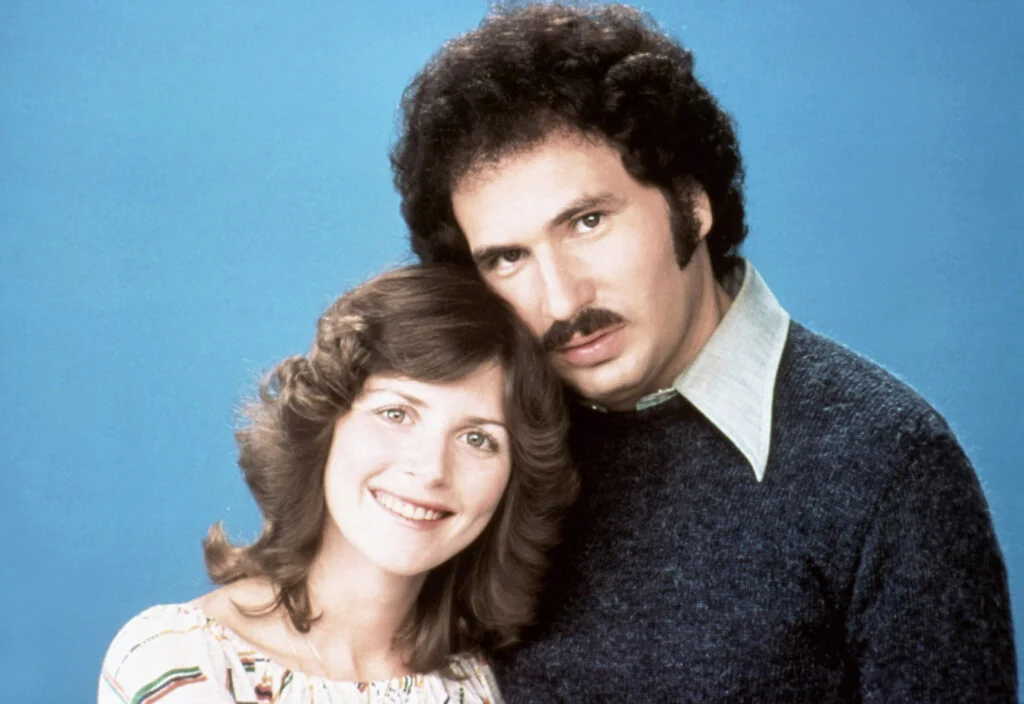
Most people remember Gabe Kaplan as the wise-cracking teacher Mr. Kotter, dealing with the Sweathogs in Brooklyn, but few know he became one of the most respected poker players in the world. After “Welcome Back, Kotter” ended, Kaplan quietly shifted his focus to professional gambling, particularly Texas Hold’em poker. His analytical mind and ability to read people—skills that served him well as a comedian and actor—translated perfectly to the poker table. Washington State Magazine offers a retrospective of his remarkable career.
Kaplan’s poker career took off in the 1980s, and he became a regular at high-stakes games in Las Vegas and around the world. He won over $2 million in tournament play and became a respected commentator for televised poker events, bringing the same wit and insight that made him famous on television. His transformation from sitcom star to poker professional was so complete that younger poker fans know him primarily as a card player, not as the teacher who made “Up your nose with a rubber hose” a national catchphrase.
2. Ken Osmond – From Leave It to Beaver to Police Officer

Ken Osmond’s portrayal of the scheming Eddie Haskell made him one of television’s most memorable characters, but after the show ended, he chose a career path that couldn’t have been more different from show business. Osmond joined the Los Angeles Police Department in 1970, trading his actor’s resume for a badge and a commitment to public service. His decision surprised fans who expected him to continue acting, but Osmond found genuine satisfaction in police work. Television Academy has a place of honor for this iconic actor.
During his 18-year career with the LAPD, Osmond worked as a motorcycle officer and was involved in several high-profile incidents, including a shooting that left him wounded but determined to continue serving. His fellow officers respected him for his dedication and professionalism, and he never used his television fame to gain special treatment or easier assignments. When he retired from the force, Osmond had successfully transformed from Hollywood’s favorite troublemaker into a real-life hero who served his community with distinction.
3. Lisa Whelchel – From The Facts of Life to Christian Author and Speaker
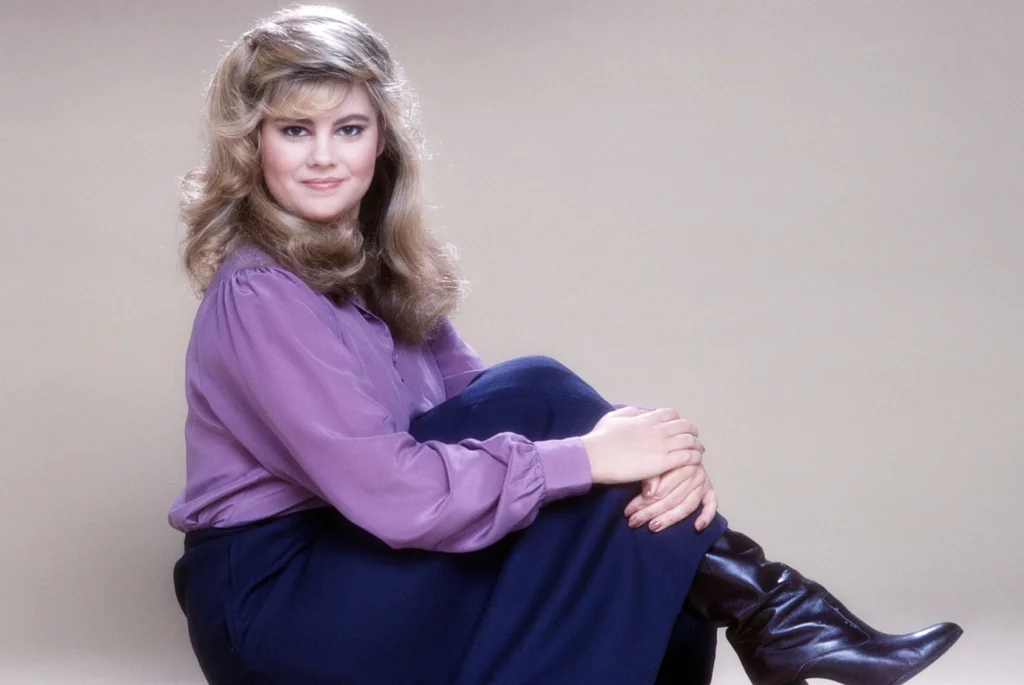
Lisa Whelchel’s role as the preppy Blair Warner on “The Facts of Life” made her a teen idol, but after the show ended, she stepped away from Hollywood to focus on her family and her Christian faith. She became a bestselling author of books about parenting and homeschooling, sharing her experiences raising three children while maintaining strong religious values. Her decision to leave acting behind was deliberate—she wanted to use her platform to help other parents navigate the challenges of raising children in a complex world. Remind features insights from Whelchel that prove the series is not far from her thoughts and has a place in her heart.
Whelchel’s books, including “Creative Correction” and “The Facts of Life and Other Lessons My Father Taught Me,” became popular in Christian communities across America. She also became a sought-after speaker at parenting conferences and women’s retreats, using her communication skills and personal experiences to connect with audiences. Her brief return to television on “Survivor: Philippines” reminded viewers of her television roots, but her real passion remained helping families strengthen their relationships and values.
4. Danny Bonaduce – From The Partridge Family to Radio Host
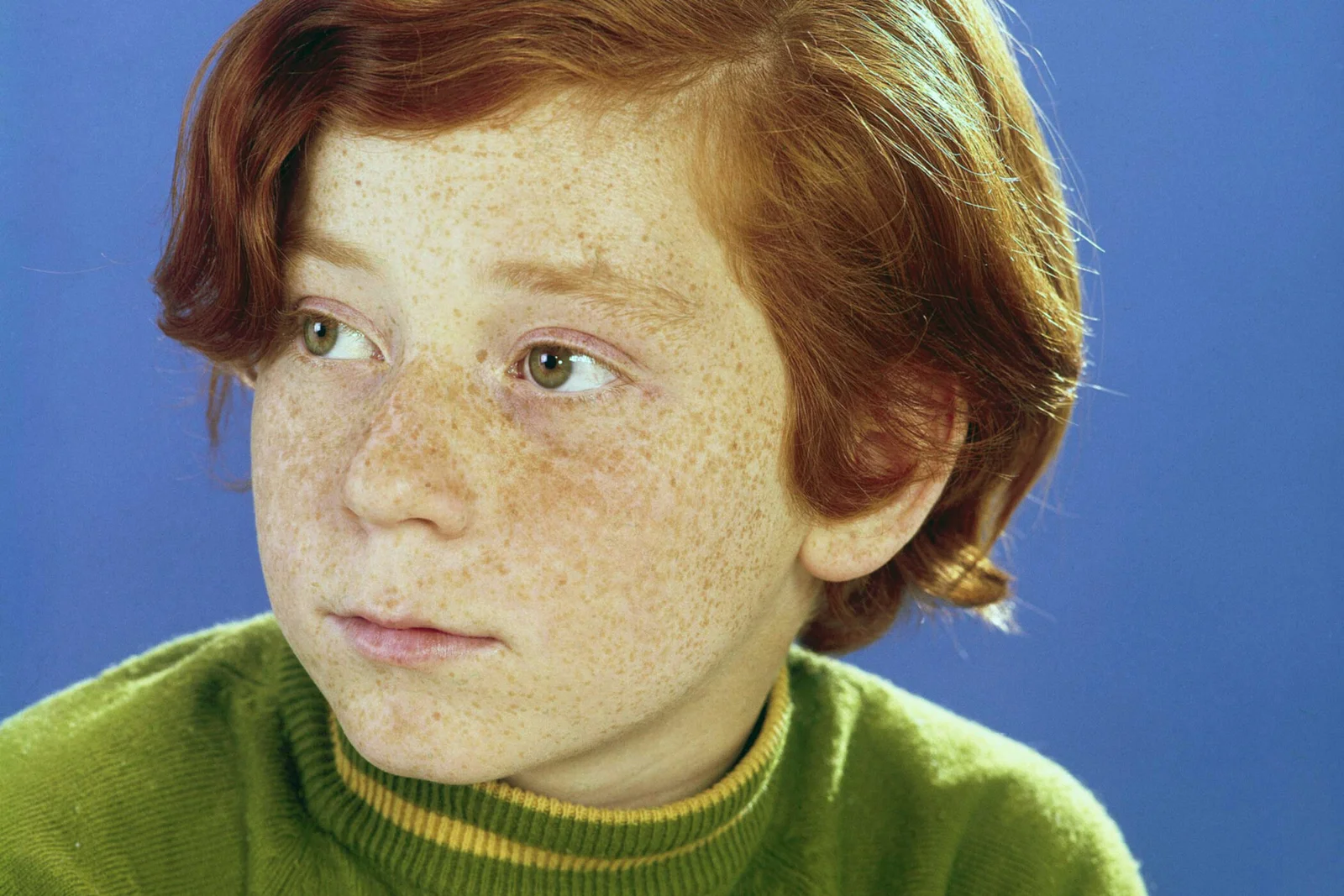
Danny Bonaduce’s childhood fame as the wise-cracking Danny Partridge could have been a burden, but he transformed his natural comedic timing and willingness to share personal struggles into a successful radio career. After years of battling addiction and personal problems in the public eye, Bonaduce found his calling as a radio talk show host where his honesty and humor resonated with listeners. His ability to discuss difficult topics with both insight and levity made him a natural fit for the medium.
Bonaduce’s radio career flourished in markets across the country, from Los Angeles to Philadelphia, where he became one of the most popular morning show hosts in the nation. His willingness to discuss his own failures and recovery journey, combined with his quick wit and genuine empathy for callers, created a unique radio persona that went far beyond his child star origins. His transformation from troubled former child actor to successful radio personality showed that sometimes the best career moves come from embracing your authentic self, flaws and all.
5. Fred Grandy – From The Love Boat to U.S. Congressman
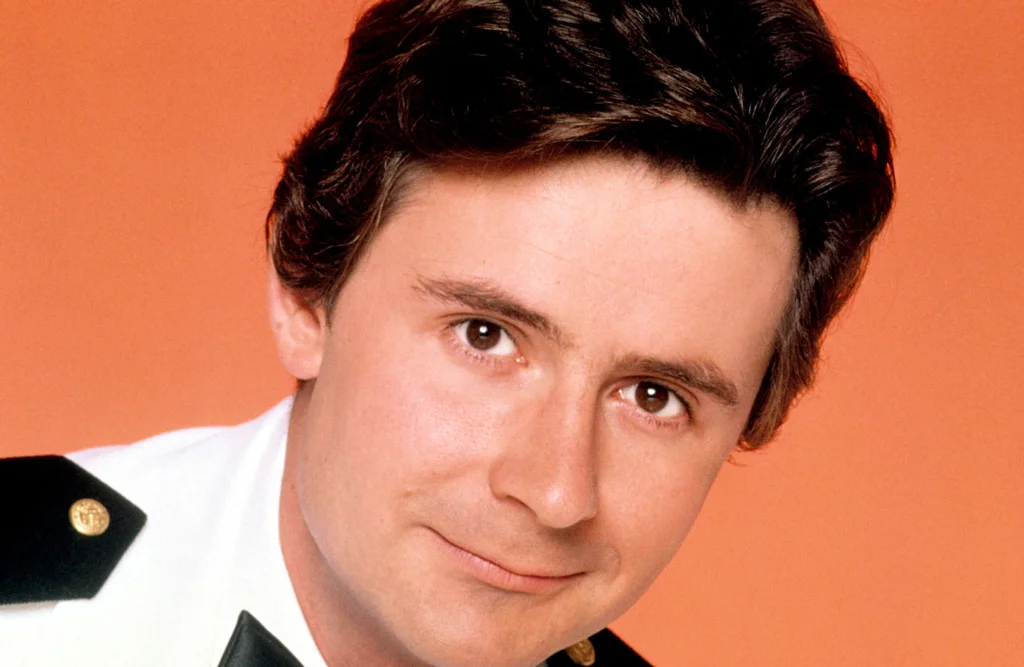
Fred Grandy’s portrayal of eager cruise director Gopher Smith on “The Love Boat” seemed like harmless entertainment, but Grandy had much more serious ambitions that extended far beyond the Pacific Princess. A Harvard graduate with a degree in English literature, Grandy had always been interested in politics and public service, viewing his acting career as a stepping stone rather than a final destination. His television fame gave him name recognition that proved invaluable when he decided to run for political office in Iowa.
Grandy served four terms in the U.S. House of Representatives from 1987 to 1995, focusing on agricultural issues and government reform that directly affected his Iowa constituents. His colleagues respected his intelligence and work ethic, and he proved that television actors could successfully transition to serious political careers. After leaving Congress, he continued his public service as president of Goodwill Industries International, using his leadership skills to help one of America’s largest charitable organizations expand its mission of helping people overcome barriers to employment.
6. Mackenzie Phillips – From One Day at a Time to Addiction Counselor
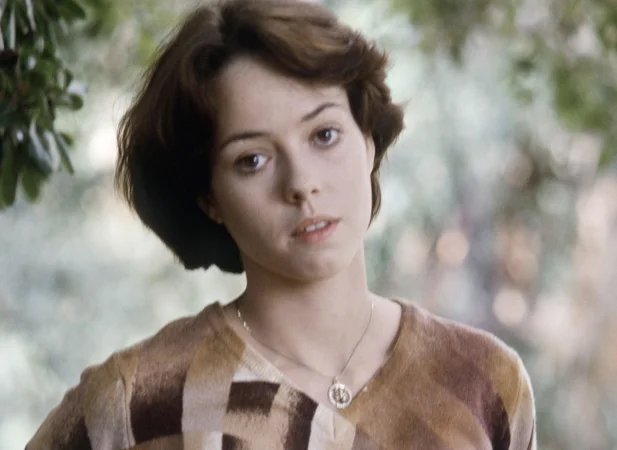
Mackenzie Phillips’ role as rebellious teenager Julie Cooper on “One Day at a Time” mirrored some of her real-life struggles, but her journey from child star to addiction counselor represents one of the most meaningful career transformations in entertainment history. After years of battling drug addiction that derailed her acting career, Phillips found her true calling in helping others overcome similar struggles. Her personal experience with addiction, combined with formal training and education, made her uniquely qualified to help people in recovery.
Phillips worked as a counselor at Breathe Life Healing Centers and other facilities, using her own recovery journey to connect with clients who were fighting the same battles she had faced. Her authenticity and understanding of the entertainment industry’s particular pressures made her especially effective with clients from show business backgrounds. Her transformation from troubled actress to dedicated counselor showed that sometimes our greatest struggles can become our most powerful tools for helping others, turning personal pain into professional purpose.
7. Erin Moran – From Happy Days to Various Blue-Collar Jobs
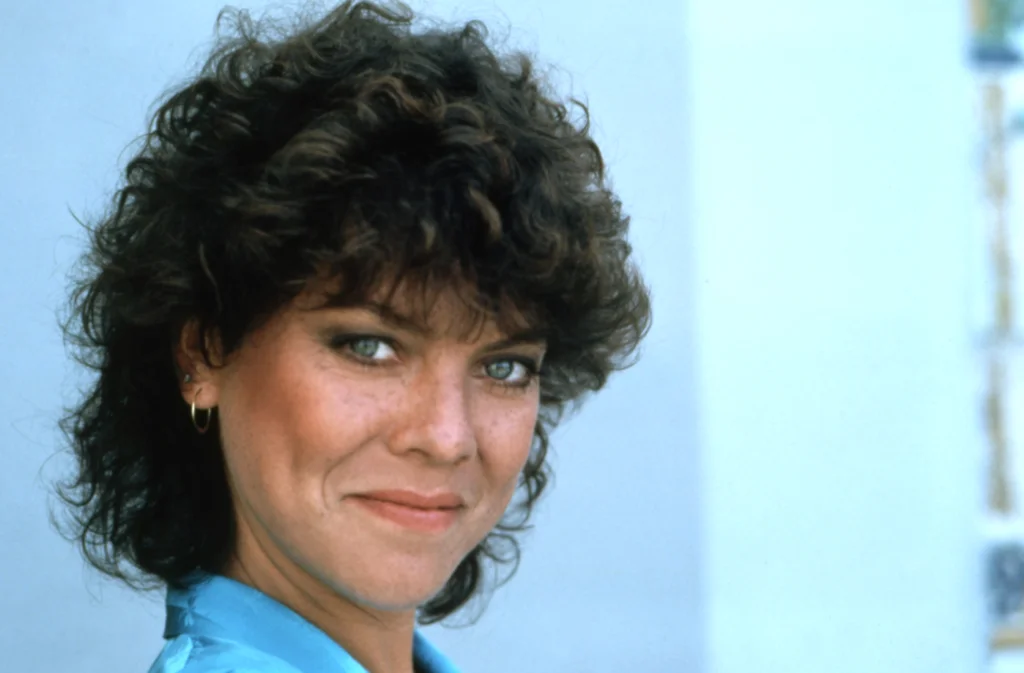
Erin Moran’s portrayal of Joanie Cunningham made her one of television’s most beloved little sisters, but after “Happy Days” and its spinoff “Joanie Loves Chachi” ended, she struggled to find steady acting work and eventually left Hollywood entirely. She worked various jobs including restaurant server and retail clerk, living a modest life far from the glamour of her television days. Her decision to leave the entertainment industry wasn’t entirely voluntary, but she found dignity in honest work and maintained friendships with some of her former castmates.
Moran’s later life was marked by financial struggles and health problems, but she never expressed bitterness about her career trajectory or the industry that had made her famous as a child. Her story represents the reality that many child actors face when their early fame doesn’t translate into lifelong career success. While her post-acting jobs may not have brought her wealth or recognition, they demonstrated her resilience and willingness to work hard to support herself and her family, earning respect from those who knew her personally.
8. Jan Smithers – From WKRP in Cincinnati to Motherhood and Privacy
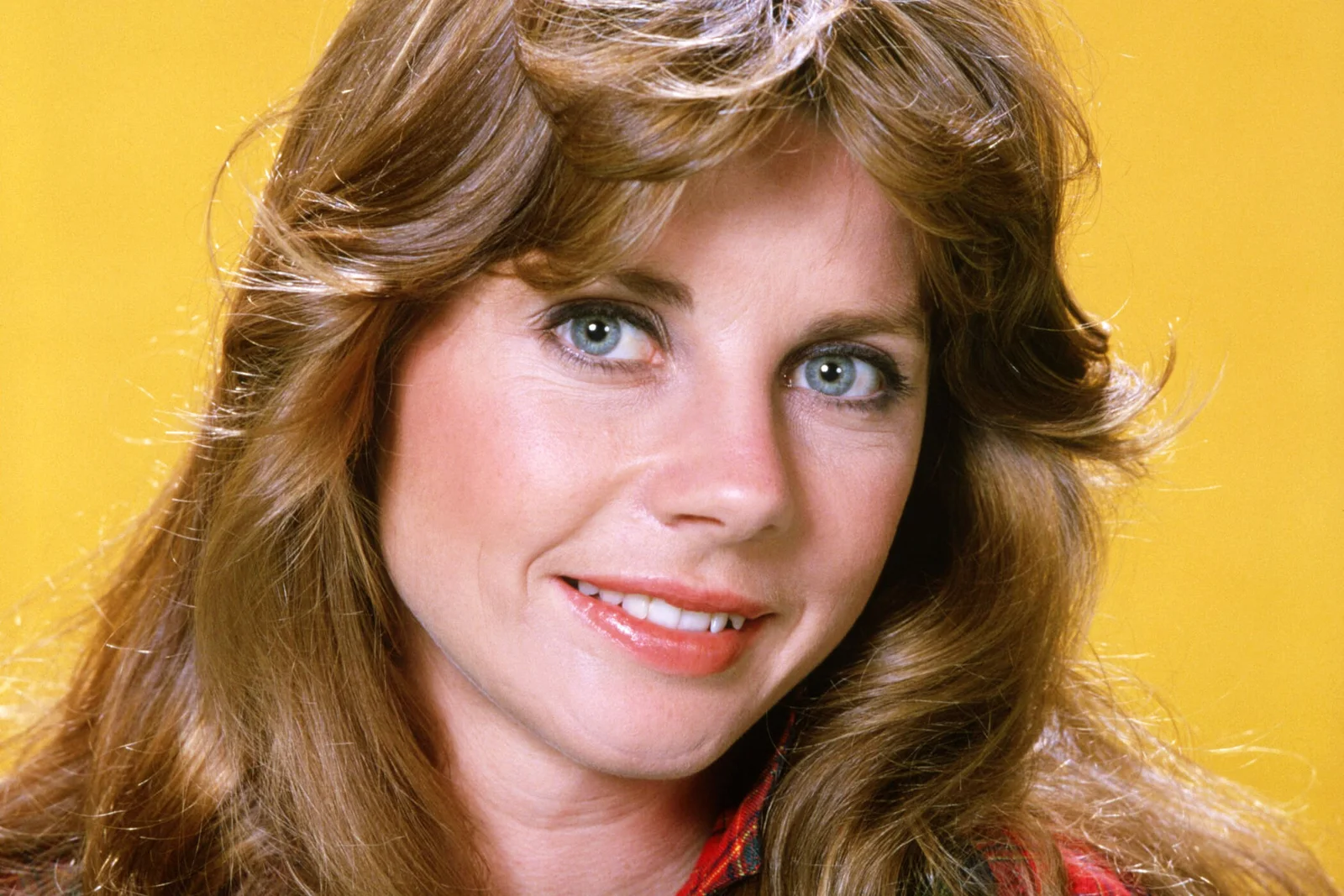
Jan Smithers’ role as the sweet receptionist Bailey Quarters on “WKRP in Cincinnati” made her a favorite among viewers, but she deliberately chose to step away from acting to focus on raising her daughter and maintaining a private life. Her decision was unusual in Hollywood, where most actors fight to stay in the spotlight, but Smithers valued family and personal fulfillment over career advancement. She occasionally took small roles but never pursued the kind of high-profile projects that might have advanced her career.
Smithers’ choice to prioritize motherhood over fame reflected her values and her belief that some things were more important than career success. She lived quietly in California, focusing on her family and personal interests rather than the demands of Hollywood networking and self-promotion. Her story represents an alternative path for actors who achieve success but choose fulfillment over fame, proving that there are many ways to define a successful life beyond continued television and film work.
9. Tom Bosley – From Happy Days to Spokesman and Character Actor
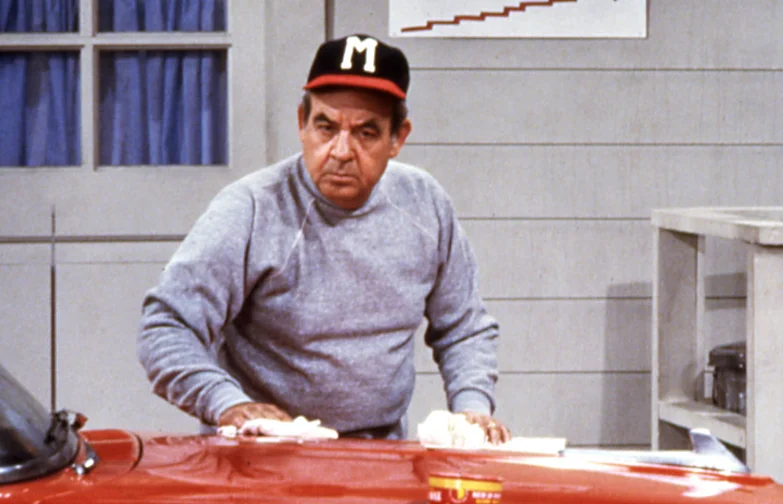
Tom Bosley’s portrayal of Howard Cunningham made him America’s favorite TV dad, but after “Happy Days” ended, he quietly transitioned into a career as a commercial spokesman and character actor that kept him working steadily without the pressures of stardom. His warm, trustworthy persona made him perfect for advertising campaigns, and he became the face of several national brands while continuing to take smaller acting roles that interested him. His post-“Happy Days” career was deliberately low-key but consistently profitable and satisfying.
Bosley’s work as a spokesman for products like Glad trash bags and various other household goods kept him in the public eye while allowing him to maintain a more normal lifestyle than his sitcom fame might have suggested. He continued acting in television movies and guest appearances, choosing projects based on personal interest rather than career advancement. His transformation from sitcom star to reliable character actor and spokesman showed that sustained success in entertainment doesn’t always require blockbuster projects—sometimes the best careers are built on consistency and likability.
10. Dawn Wells – From Gilligan’s Island to Teacher and Entrepreneur
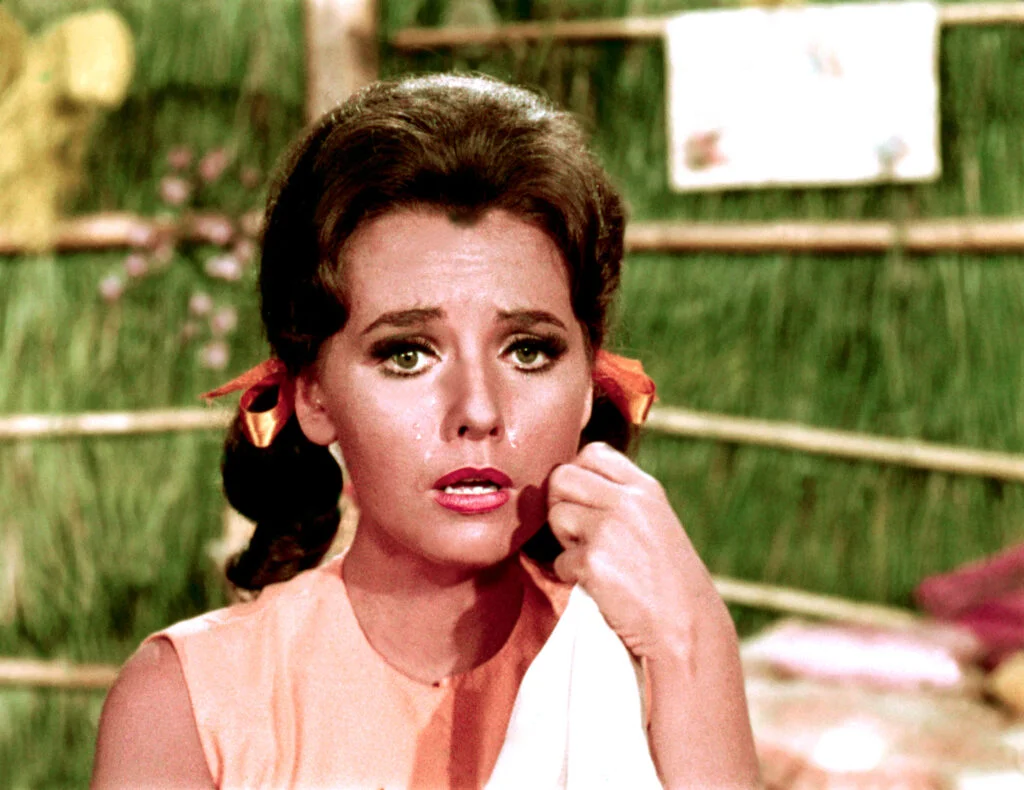
Dawn Wells’ portrayal of sweet Mary Ann on “Gilligan’s Island” made her a cultural icon, but she used her fame as a platform for education and entrepreneurship rather than pursuing more traditional Hollywood success. Wells became deeply involved in educational programming, developing materials that taught children about science and nature while maintaining her connection to the entertainment industry. Her background in theater and education made her a natural teacher, and she found fulfillment in combining entertainment with learning.
Wells also became a successful entrepreneur, creating businesses that capitalized on her wholesome image while providing practical value to consumers. She developed a line of natural products and wrote cookbooks that reflected her down-to-earth personality and interests in healthy living. Her transformation from sitcom actress to educator and businesswoman showed that television fame could be leveraged into meaningful careers that made positive contributions to society while providing personal satisfaction and financial stability.
11. Anson Williams – From Happy Days to Director and Entrepreneur
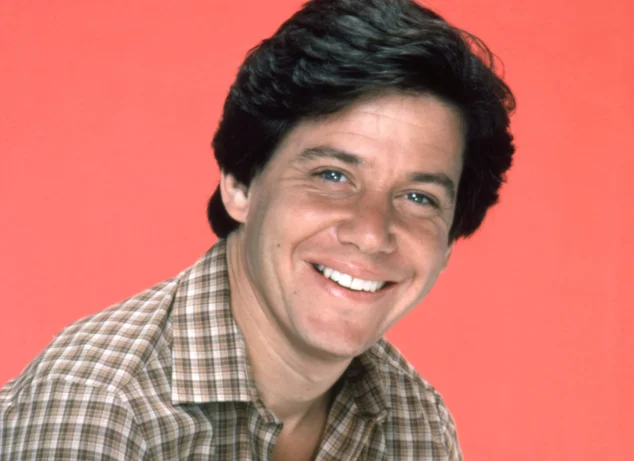
Anson Williams’ role as the lovable Potsie Weber on “Happy Days” was just the beginning of a career that expanded far beyond acting into directing and business ventures. Williams used his industry connections and experience to transition behind the camera, directing episodes of television series and eventually building a successful career as a television director. His understanding of comedy timing and character development, honed during his years on “Happy Days,” made him effective at helping other actors deliver their best performances.
Williams also became an entrepreneur, developing various business ventures including a company that created products for the entertainment industry. His ability to identify market opportunities and build successful businesses showed that his talents extended far beyond the performance skills that made him famous. His transformation from sitcom supporting player to successful director and businessman demonstrated how television experience could be the foundation for a diverse and profitable career in multiple aspects of the entertainment industry.
12. Tony Dow – From Leave It to Beaver to Artist and Director
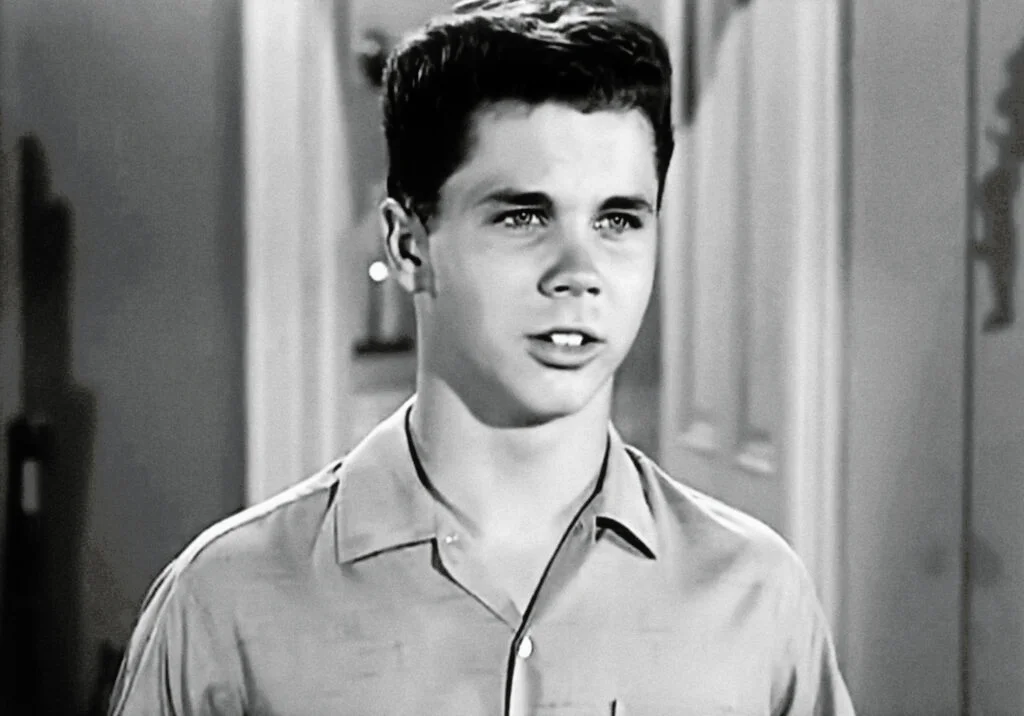
Tony Dow’s portrayal of big brother Wally Cleaver made him a role model for American boys, but his real passion was always visual arts and craftsmanship. After his acting career wound down, Dow became a successful sculptor and visual artist, creating works that were exhibited in galleries and collected by art enthusiasts who had no idea of his television background. His artistic talents had been developing throughout his acting career, but he was finally able to pursue them full-time when he stepped away from the entertainment industry.
Dow also worked as a television director, bringing his understanding of storytelling and character development to projects behind the camera. His artistic sensibility and attention to detail made him effective at both directing and sculpting, showing that creative talents often translate across different mediums. His transformation from beloved television son to respected artist and craftsman proved that actors could successfully transition to entirely different creative fields, using their understanding of visual storytelling and human nature to create meaningful work in new artistic territories.
These stars proved that fame doesn’t have to be a lifetime commitment—it can be a launching pad for entirely different kinds of success and fulfillment. Their willingness to walk away from the spotlight and pursue new passions reminds us that there are many ways to build a meaningful life, and sometimes the most rewarding careers are the ones that follow our hearts rather than our press clippings. Whether they became public servants, teachers, entrepreneurs, or artists, these performers showed that the skills learned in entertainment—communication, empathy, creativity, and resilience—can be valuable in almost any field.


